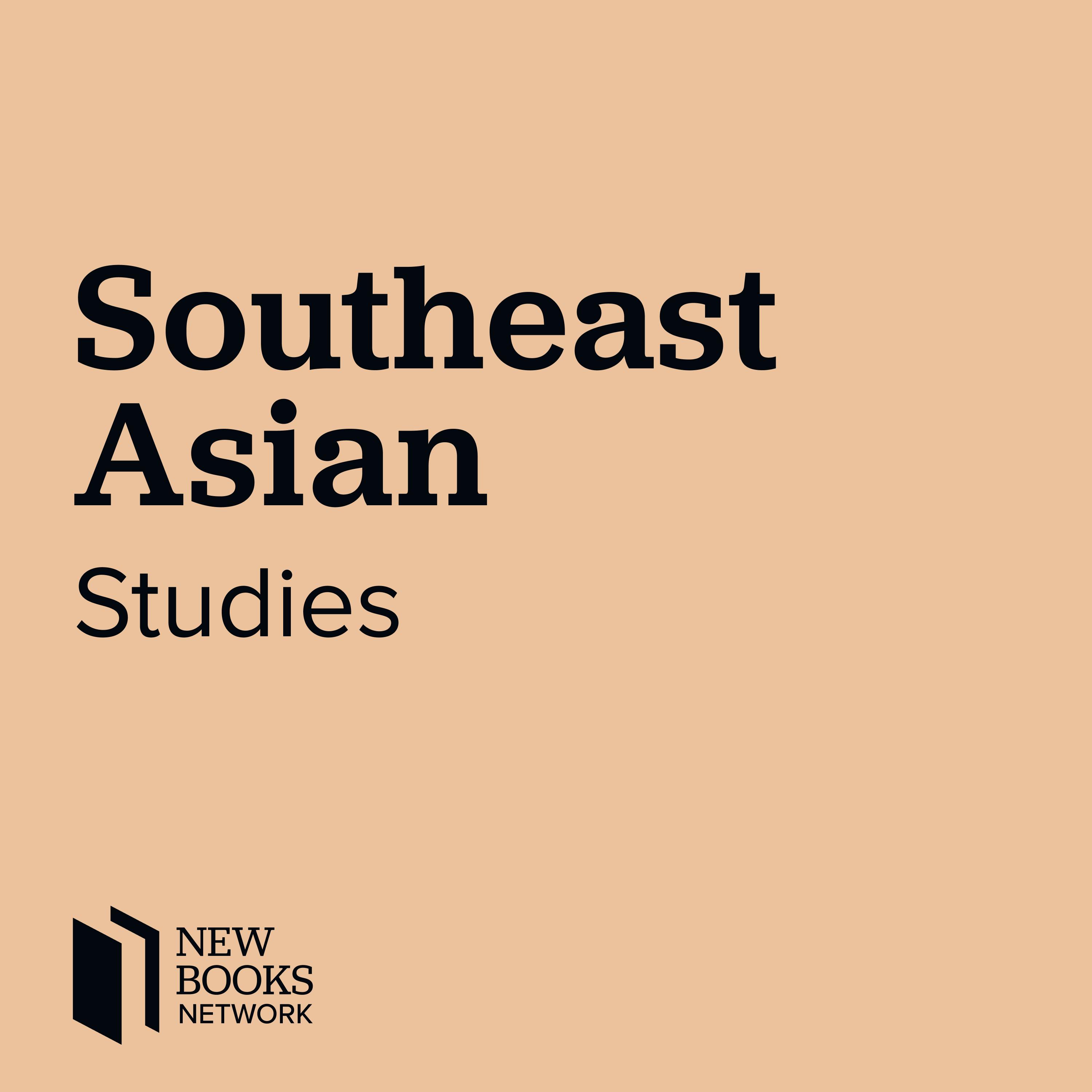Peter J. Kalliney, "The Aesthetic Cold War: Decolonization and Global Literature" (Princeton UP, 2022)
Description
How did superpower competition and the cold war affect writers in the decolonizing world? In The Aesthetic Cold War: Decolonization and Global Literature (Princeton UP, 2022), Peter Kalliney explores the various ways that rival states used cultural diplomacy and the political police to influence writers. In response, many writers from Africa, Asia, and the Caribbean—such as Chinua Achebe, Mulk Raj Anand, Eileen Chang, C.L.R. James, Alex La Guma, Doris Lessing, Ngũgĩ wa Thiong’o, and Wole Soyinka—carved out a vibrant conceptual space of aesthetic nonalignment, imagining a different and freer future for their work.
Kalliney looks at how the United States and the Soviet Union, in an effort to court writers, funded international conferences, arts centers, book and magazine publishing, literary prizes, and radio programming. International spy networks, however, subjected these same writers to surveillance and intimidation by tracking their movements, tapping their phones, reading their mail, and censoring or banning their work. Writers from the global south also suffered travel restrictions, deportations, imprisonment, and even death at the hands of government agents. Although conventional wisdom suggests that cold war pressures stunted the development of postcolonial literature, Kalliney’s extensive archival research shows that evenly balanced superpower competition allowed savvy writers to accept patronage without pledging loyalty to specific political blocs. Likewise, writers exploited rivalries and the emerging discourse of human rights to contest the attentions of the political police.
A revisionist account of superpower involvement in literature, The Aesthetic Cold War considers how politics shaped literary production in the twentieth century.
Support our show by becoming a premium member! https://newbooksnetwork.supportingcast.fm/southeast-asian-studies
More Episodes
In Cambodia, the government and civil society organisations have paid significant attention to Gender-based Violence and Harassment, within both the domestic sphere and, increasingly, in the workplace context. A major driver behind this increased scrutiny of GBVH issues is the presence of...
Published 04/20/24
Over three years have passed since a military coup of February 2021 in Myanmar precipitated a popular uprising that has since transformed into a revolutionary situation. While researchers and writers have cobbled together edited books trying to come to terms with all that has happened and how we...
Published 04/16/24
Within the social sciences and the humanities, international research in Burma/Myanmar studies tends to lean toward political science and Buddhist studies, or what can be characterized as the “soldiers or monks” approach. The political situation within the country has restricted the access that...
Published 04/05/24


